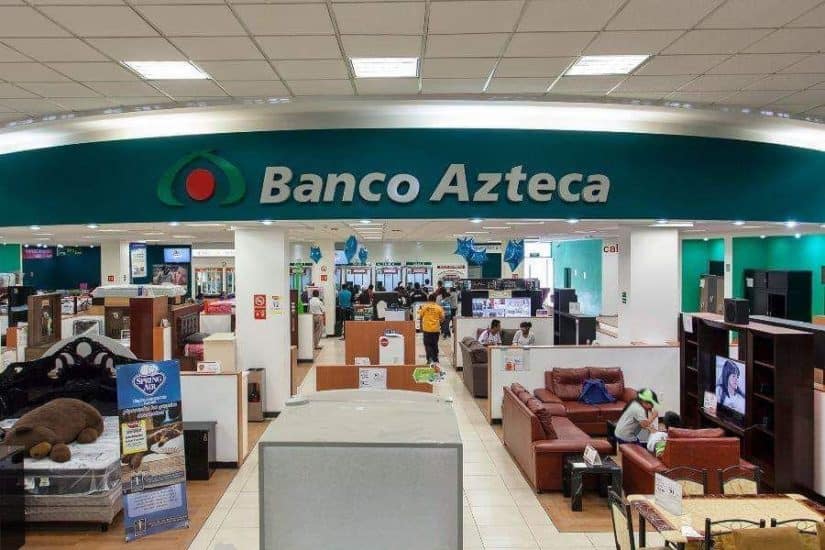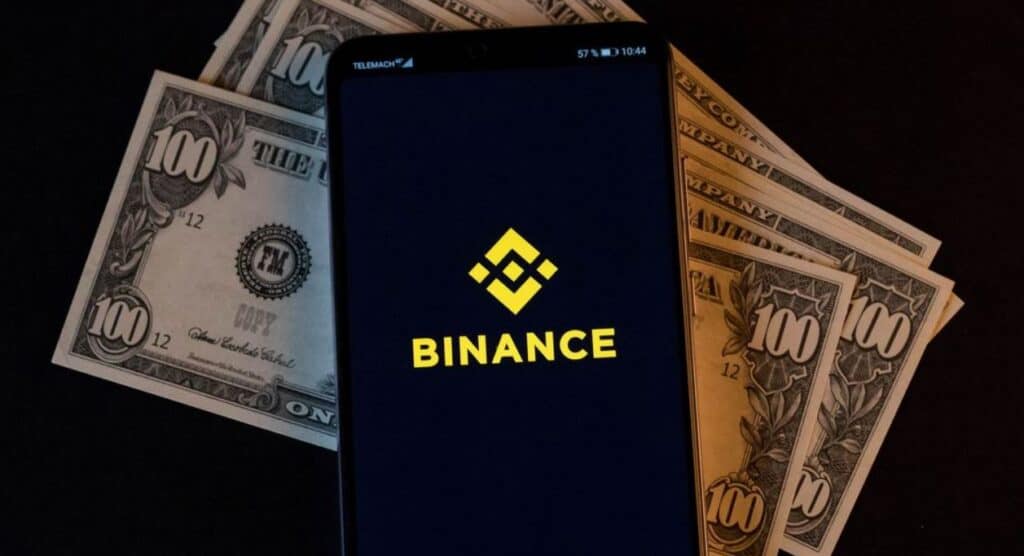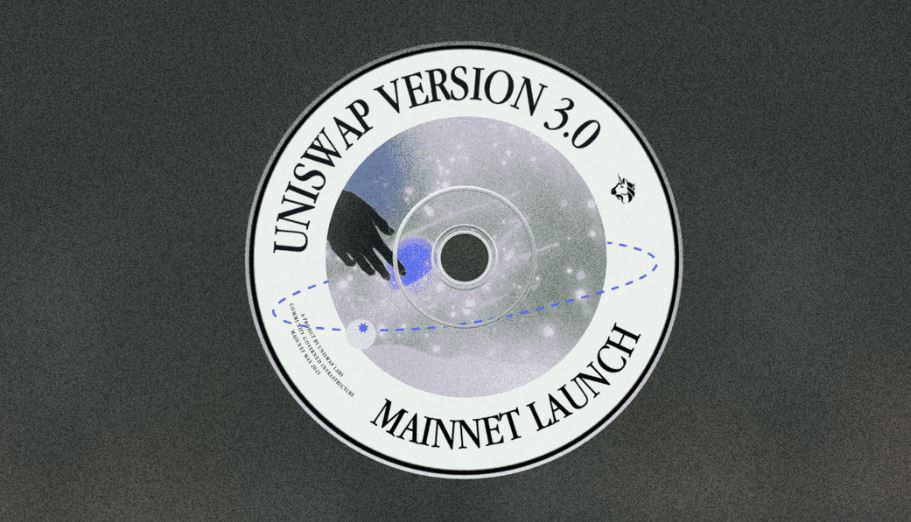Most cryptocurrencies operate on the principle of distributed transaction systems, running on a P2P, or peer-to-peer, network. In practice, this means that such a network is composed of a finite number of nodes scattered around the world. What is a node then? A node is a device or a computer that connects to a blockchain network and thus becomes a participant in that network. In the context of cryptocurrencies, a node has a communication function, as it is through nodes that information about transactions as well as blocks is sent.
What is Full Node and what is its purpose?
Full Node, or the so-called full node, is an essential part of the blockchain network. It is thanks to it that the network works as it should. It also ensures its security. Full Node, also called Validating Node, is a node responsible for authenticating transactions. This type of node takes an active part in the process of validating transactions according to the ecosystem’s consensus rules, but also has the task of transmitting new blocks and new transactions to the network.
How does Full Node work?
For a Full Node to work properly it usually downloads the entire blockchain and then augments it itself by adding new transactions and new blocks to the blockchain. However, there are also exceptions from downloading the entire blockchain, because not always to call a node “full” we need to download the entire existing blockchain. Sometimes we can use a shortened version of it.
How to run Full Node?
A large number of users want to help in the operation of the blockchain network, so they decide to run a full node themselves, so that the network can constantly grow. To run Full Node, however, certain requirements must be met. Here they are:
- A computer with the latest version of Windows, Linux or MAC OS installed,
- 350 GB (gigabytes) of free disk space, with a minimum data read/write speed of 100 MB/s,
- 2 GB RAM,
- a broadband Internet connection with a minimum speed of 400 Kbps,
- Internet access with a high upload limit. In some cases, Full Nodes can upload as much as 200 GB per month, while downloading as much as 20 GB per month. Running a Full Node the first time will download more than 200 GB of data, so these limits must be really high not to be exceeded,
- Ideally Full Node can be run 24 hours a day, however, the minimum limit for Full Node is 6 hours a day.
As we can see above, running a Full Node involves meeting certain conditions, which makes the whole process sometimes long and also expensive. You need to have both good hardware and a fast internet connection.












